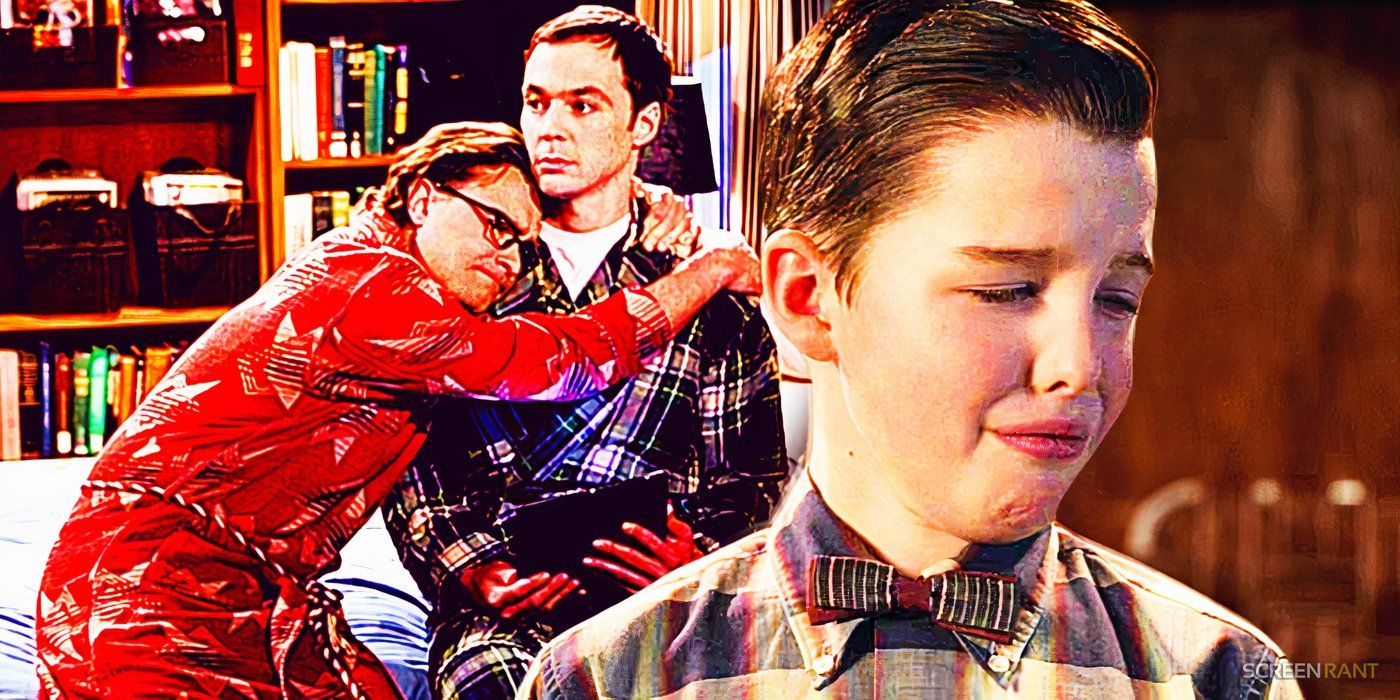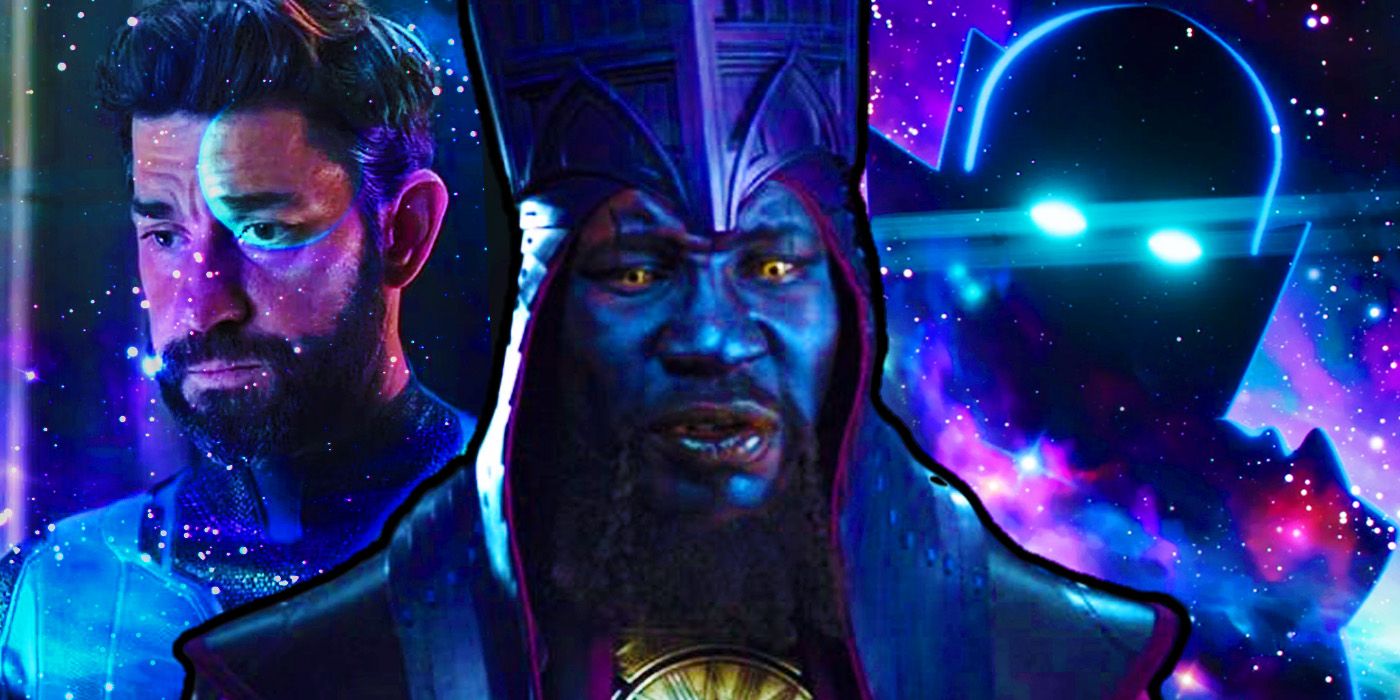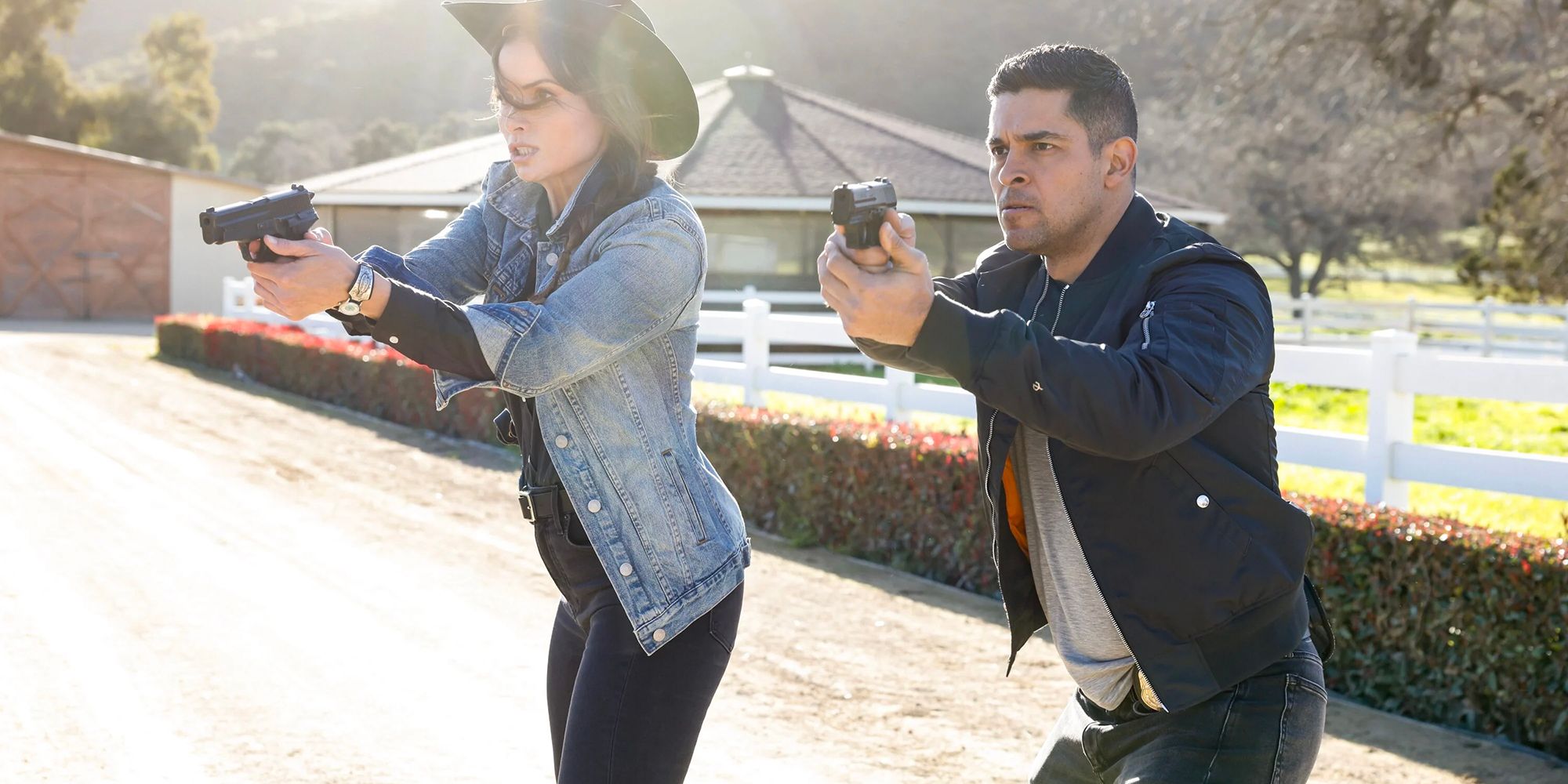Movies about real history almost always take more than a few creative liberties with their interpretations, whether to glamorize a dark story, make a horrible person seem more sympathetic, or to find an excuse to put Matt Damon in a film set in ancient China.
But some movies put a little more effort into showing the truth of the history that they are adapting. They may use first-hand sources for information or try to recreate specific events exactly as they happened in real life. A poll on IMDb asked users to vote for their choices for the most historically accurate movies of all time, and these were their picks.
Downfall (2004)
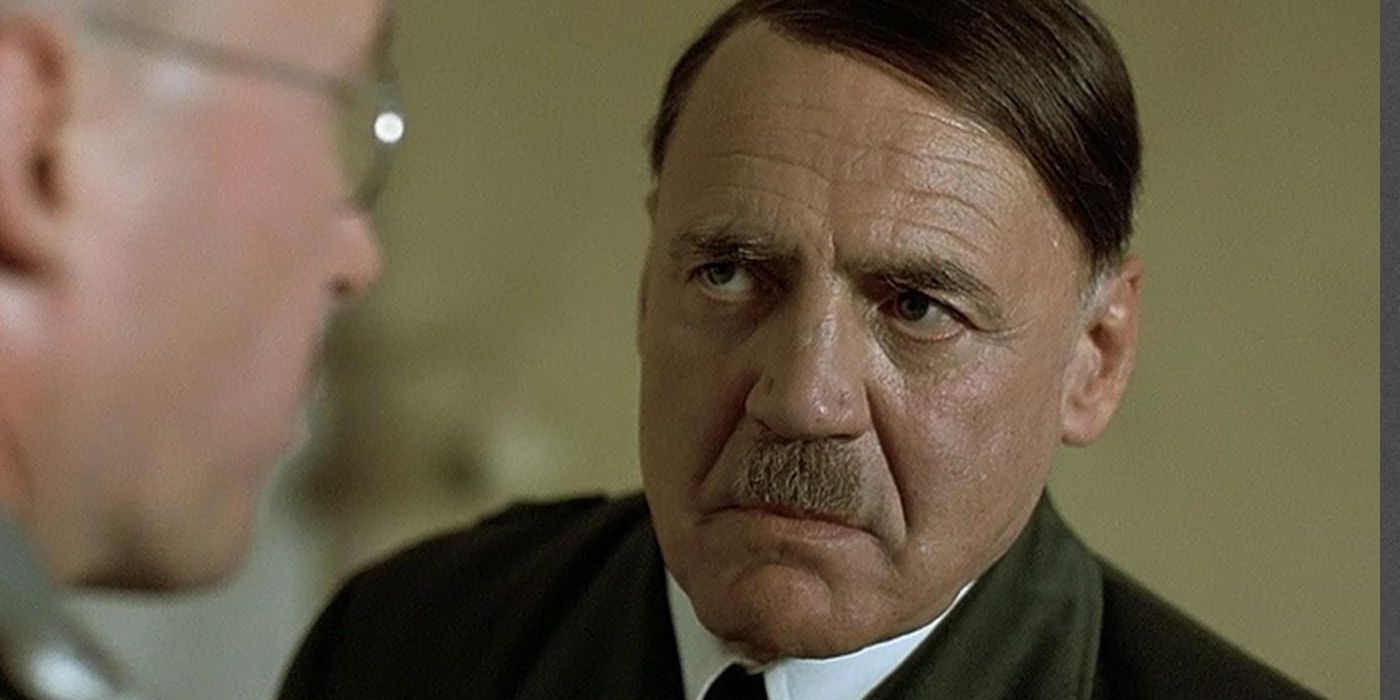
World War II is a frequent source of inspiration for filmmakers, the European theatre, especially. Most of these films center around Allied forces valiantly fighting against the Nazis, but Downfall takes a look at the other side, giving audiences a glimpse of the final days of Hitler’s life during the Battle of Berlin.
Downfall is based on books by historians, as well as real historical accounts, and attempts to truthfully depict the figures of the Nazi leadership as who they really were as their reign of terror comes to an end. The film was controversial upon release but is now considered a fantastically real depiction of the final days of the war.
Moneyball (2011)
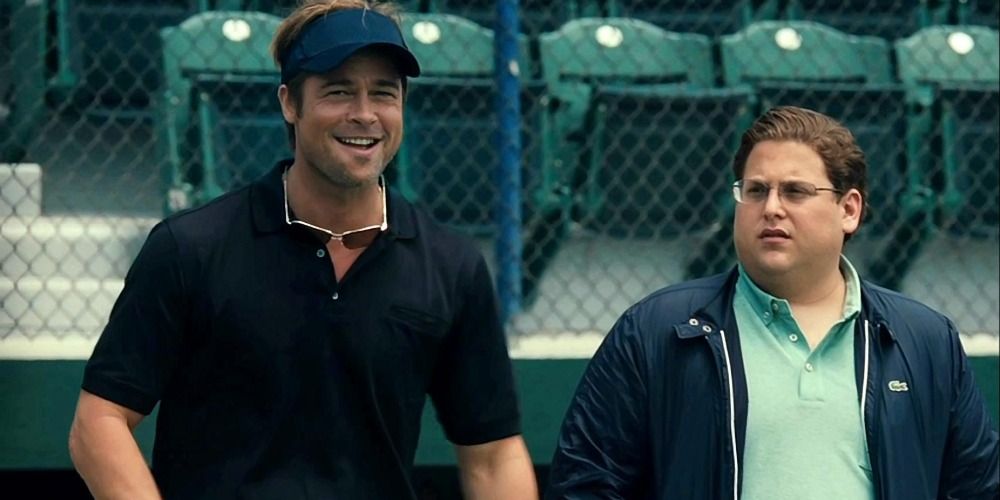
Moneyball tells the story of one of the most famous seasons in recent baseball history. It follows the story of Oakland Athletics general manager, Billy Beane, as he tries to assemble a team out of underappreciated players. The film is based on a book by Michael Lewis, who actually followed the team through the legendary 2002 season, and is mostly informed by his firsthand accounts.
The story of the team and Beane’s high-tech strategies for finding players were so accurate that the film was originally planned to be part documentary. While that idea never came to fruition, the realism of the film stayed.
Spotlight (2015)
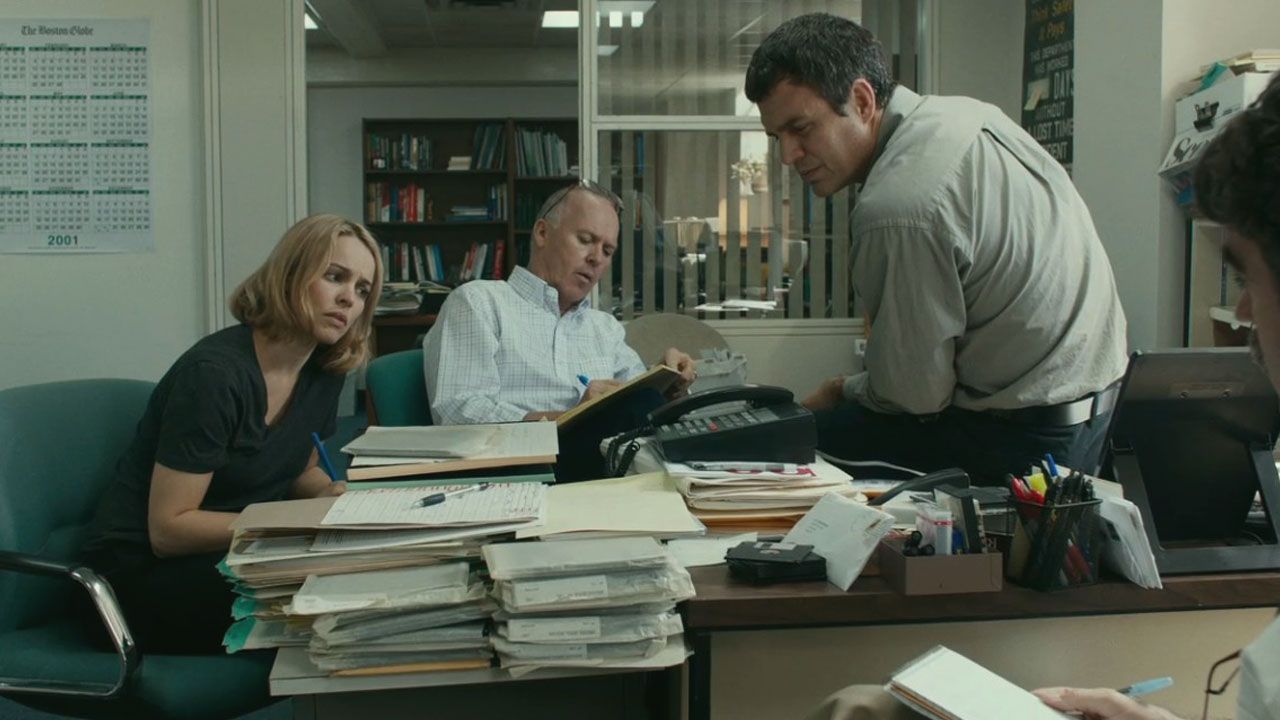
The plot of 2015’s Spotlight is very closely inspired by the actual investigation by the Boston Globe into sex abuse allegations in the Roman Catholic Church. The film follows the Globe’s investigative journalism team as they uncover a network of abuse and coverup leading all the way to the Boston Archdiocese in the early 2000s.
The film has since been praised for its accuracy of the real investigation, with many of the discoveries from the investigation being translated directly into the film. Its depiction of the Catholic Church led to some expected controversy, but overall, the film was well-received and even picked up the 2016 Best Picture Academy Award.
12 Years A Slave (2013)
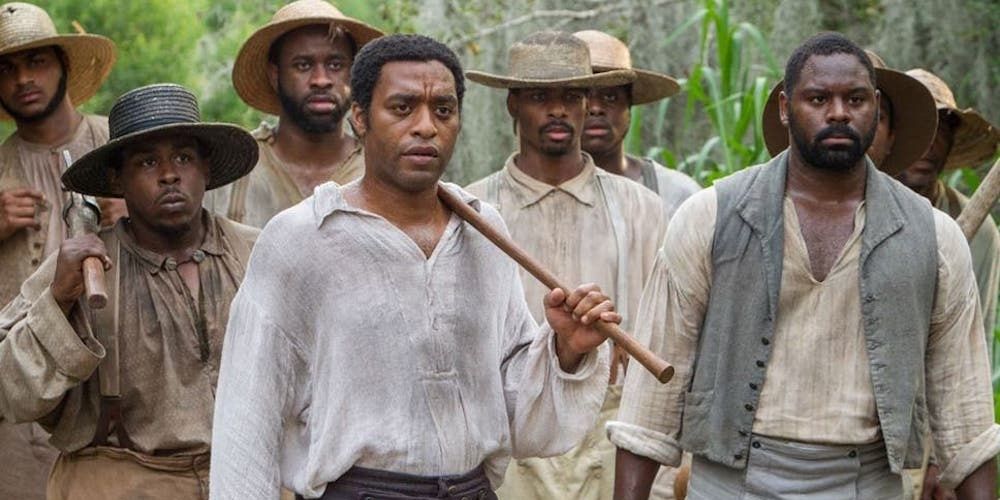
Steve McQueen’s 12 Years A Slave is considered, by many, to be one of the most unflinchingly brutal and realistic depictions of American slavery on film. Based on the actual memoir of Solomon Northup, a free man who was kidnapped and sold into slavery, the film is about as firsthand an account as possible.
The vast majority of the film’s events come directly from Northup’s own writings, and the film has been praised by numerous historians and academic journals for its faithfulness to the true history of its source material. The film won three Oscars, including an award-winning performance from Lupita Nyong’o in her first movie.
City Of God (2002)
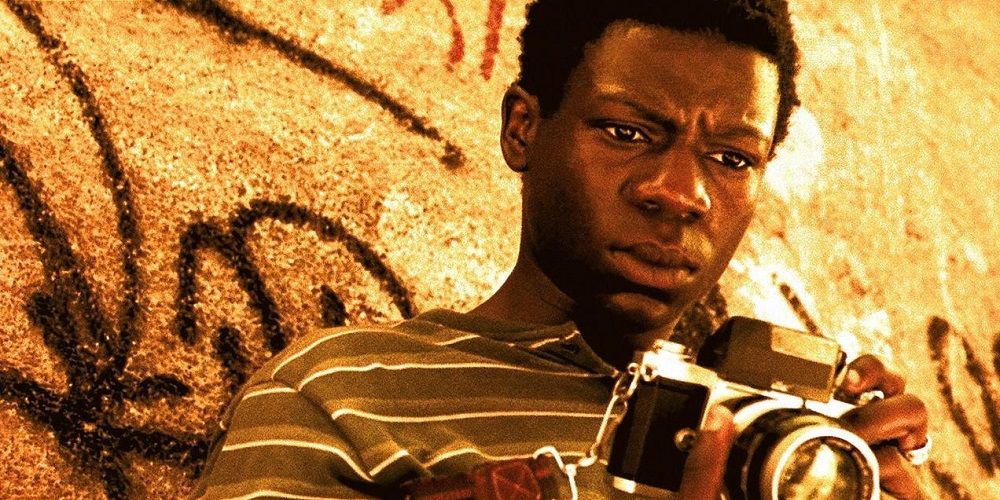
The main plot of City of God is considered to be a mix of fiction and historical fact, but the accuracy of which it depicts the realities of the organized crime that was present in Rio de Janeiro during the time of its setting has garnered significant praise.
Filmed in Brazil and starring many cast members who actually lived in the titular neighborhood, City of God is an incredibly disturbing glimpse into the poverty and violence that tore the area apart in the 1970s and ’80s. Shot as something between a documentary and narrative film, City of God doesn’t shy away from covering any of the horrific events, and is considered one of the greatest non-English language films of all time.
The Imitation Game (2014)
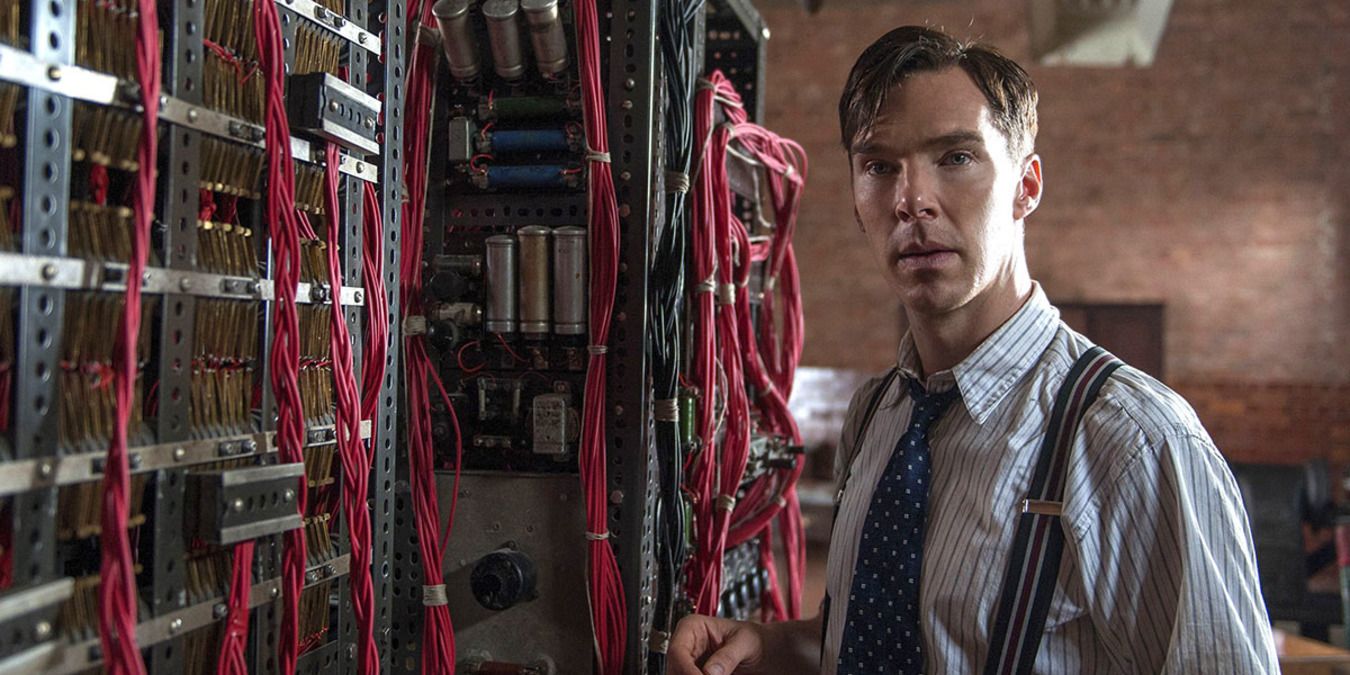
Based on the life of Alan Turing, an English cryptanalyst during World War II, The Imitation Game focuses on Turing’s attempts to break the German Enigma codes while trying to conceal his sexuality.
The story of Alan Turing is a real-life tragedy, and for the most part, the film handles it well. The film’s story, based on true events and harsh treatment of Turing, is accurate. The Imitation Game received some backlash in recent years for romanticizing or misrepresenting several events, both in Turing’s career and his personal life, but it still sits at number five on IMDb’s list.
The Pianist (2002)
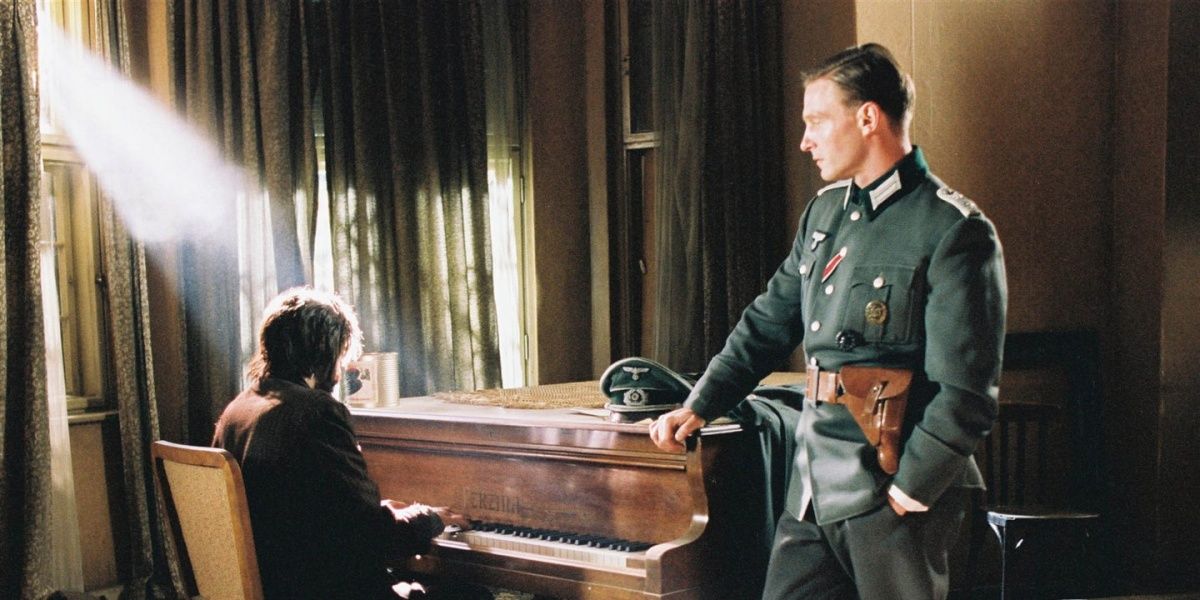
Another film based on the memoirs of someone who actually experienced the events of the film, The Pianist tells the story of Władysław Szpilman, a famous Polish pianist and composer, as he tries to survive the Nazi occupation of Poland.
Based on Szpilman’s own autobiography and directed by Roman Polanski, who also experienced the brutality of Nazi rule as a child, The Pianist‘s depiction of life and death in the Warsaw ghetto has received significant praise for its devastating realism. It is likely that no film can ever truly capture the horrors of the Holocaust, but The Pianist comes very close.
Goodfellas (1990)
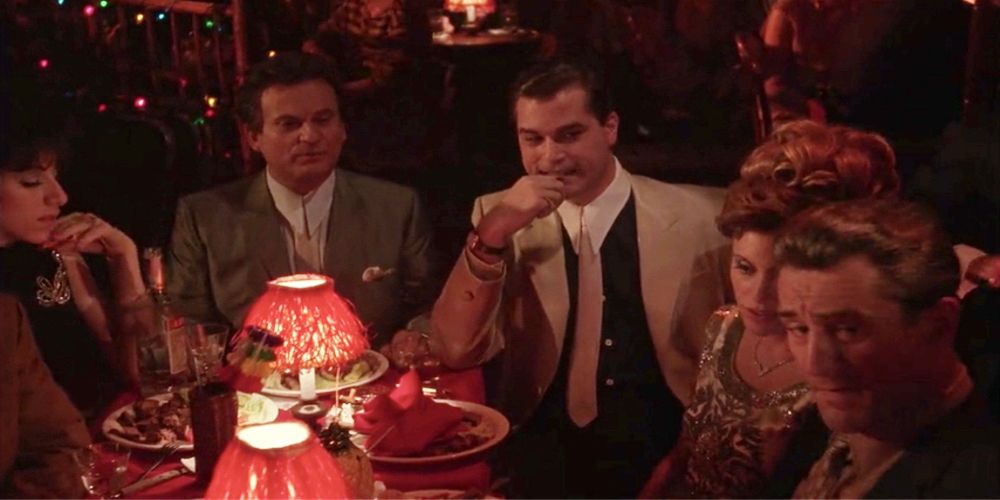
Martin Scorcese’s film masterpiece tells the true story of gangster turned FBI informant, Henry Hill. Goodfellas follows Henry Hill through the entire rise and fall of his career, from low-level fence to high profile cocaine dealer to being placed into the Witness Protection Program after turning on his former partners.
The film is based on a book by Nicholas Pileggi, a crime reporter from New York, and the real-life Henry Hill even told actor Ray Liotta that he loved it. Goodfellas has become legendary for its portrayal of gangster life and is considered to be one the greatest films ever made.
Schindler’s List (1993)
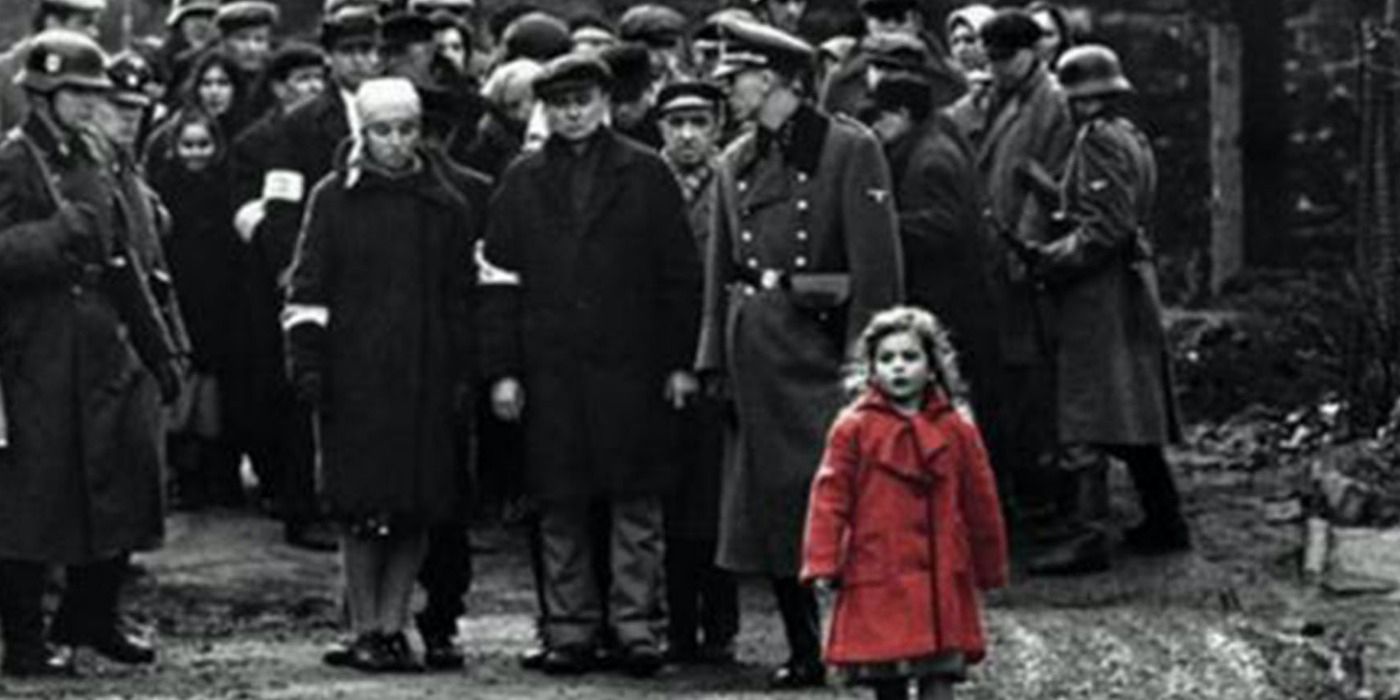
Schindler’s List is almost universally considered to be one of the greatest films about the Holocaust, and the only one to rival The Pianist when it comes to viewer rating. The film centers on Oskar Schindler, a real member of the Nazi Party who saved an estimated 1,2000 Jewish prisoners from being sent to concentration camps.
Schindler’s List has been praised for its hauntingly realistic scenes depicting concentration camps and other Nazi crimes, and for the performances of Liam Neeson as Schindler and Ralph Fiennes as Nazi officer Amon Göth. The final scene of the film even features many of the real-life people saved by Schindler honoring him at his grave.
The Wolf Of Wall Street (2013)
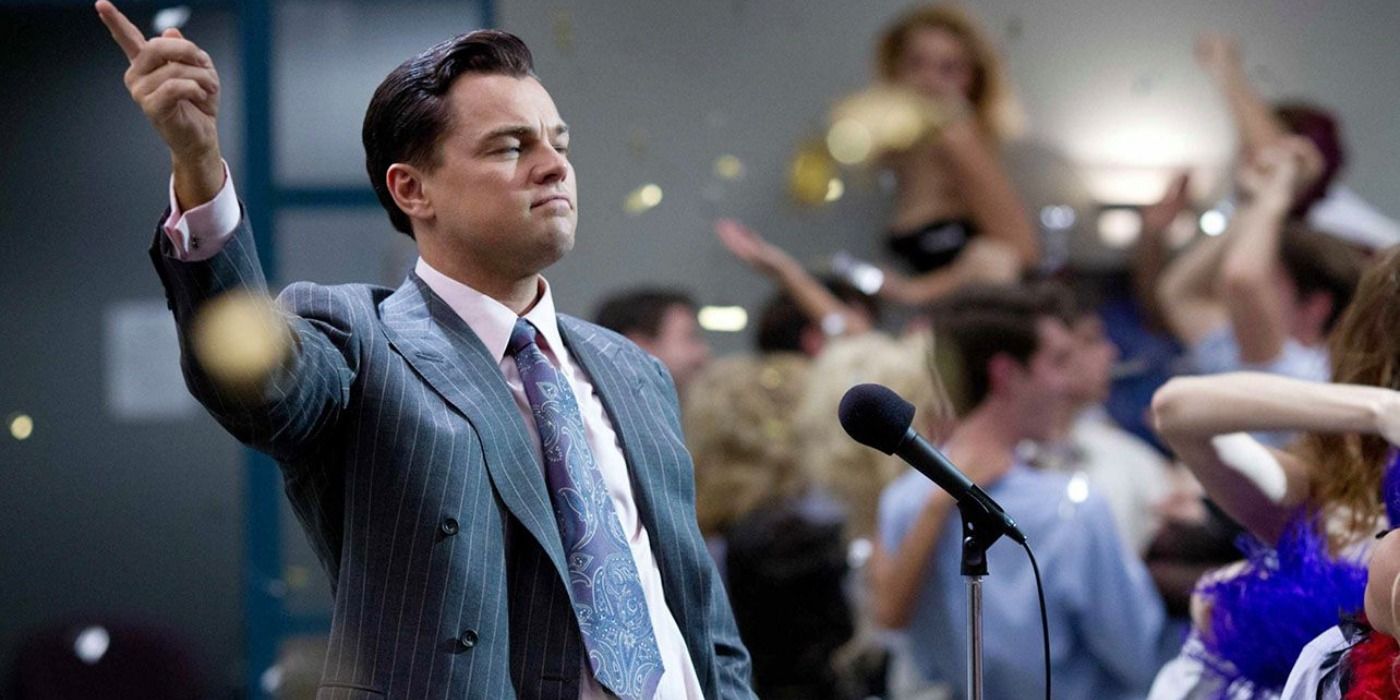
Another Martin Scorcese film, The Wolf of Wall Street is based on the career of Jordan Belfort, a former stockbroker turned fraud artist. The film depicts Belfort as he works his way to the top through a whole host of questionable means.
Refusing to downplay any of Belfort’s criminal exploits or hedonistic ways, the film has met with some backlash for glorifying Belfort’s behavior, but even the real-life Jordan Belfort makes a cameo appearance in the film. Regardless of how it was intended, The Wolf of Wall Street remains a top pick for historical accuracy.
